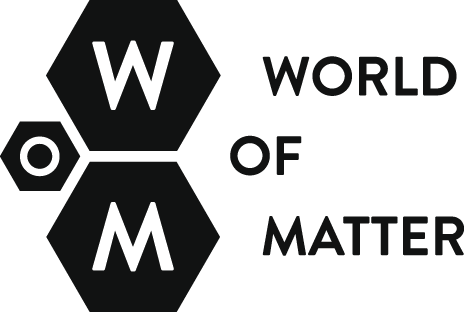RESEARCH IN SITU
When we arrived in Lagos, nothing was as we had imagined it to be. The inadequate infrastructure in the teeming metropolis, where water and electricity services continually break down, traffic grinds to a complete halt, large numbers of residential districts are not on the map, practically everyone works on the black market and the police are so corrupt that they inspire more fear than the area boys, all of this made our research nearly impossible. The personnel at national monopolists and multinational firms that control the import economy were suspicious and uncommunicative. The Port Authority was also unapproachable, but they probably could not have helped us much anyway. The enormous flow of goods was already more than they could administratively handle. Calling around for information was hardly an option. The mobile network was down most of the time, and when it did work, the connection was so distorted that the Pidgin, a mixture of English and indigenous languages spoken with considerable spirit, became a drowning blare, in which separate words could no longer be distinguished. The only way to communicate was to visit everyone in person, by taxi. Endless crawling in queues of ramshackle trucks alternated with brief visits to the various port companies. Under the circumstances, our progress was just one step a day.
RESEARCH IN SITU
Artist/Author: Lonnie van Brummelen / Siebren de Haan
After weeks of fieldwork we had still found no trace of the huge flow of European sugar that our data had suggested. One reputedly reliable shipping agent recalled having seen a French ship carrying Saint Louis sugar a few years ago, but suggested that nowadays, European sugar imports primarily took place on paper, in order to rake in export subsidies. By chance, we happened to meet an employee of Nigeria’s largest importer of sugar, Dangote. This monopolist was known to use unscrupulous tactics to scare competitors away from its markets. Trucks were held up, cargoes confiscated and customs officials bribed into meticulously sticking to the rules in order to generate costly delays. We were invited for an excursion through the Dangote sugar plant, located in a heavily guarded compound in the harbour. Over the roaring noise of the machinery and with the temperature peaking at 50°C, the General Manager shouted that European beet sugar had not been competitive for years. Despite the subsidies, its price was too high, because Europe’s white sugar was taxed much more heavily on import, than raw sugar. Therefore Dangote imported all its sugar as raw bulk from Brazil.


